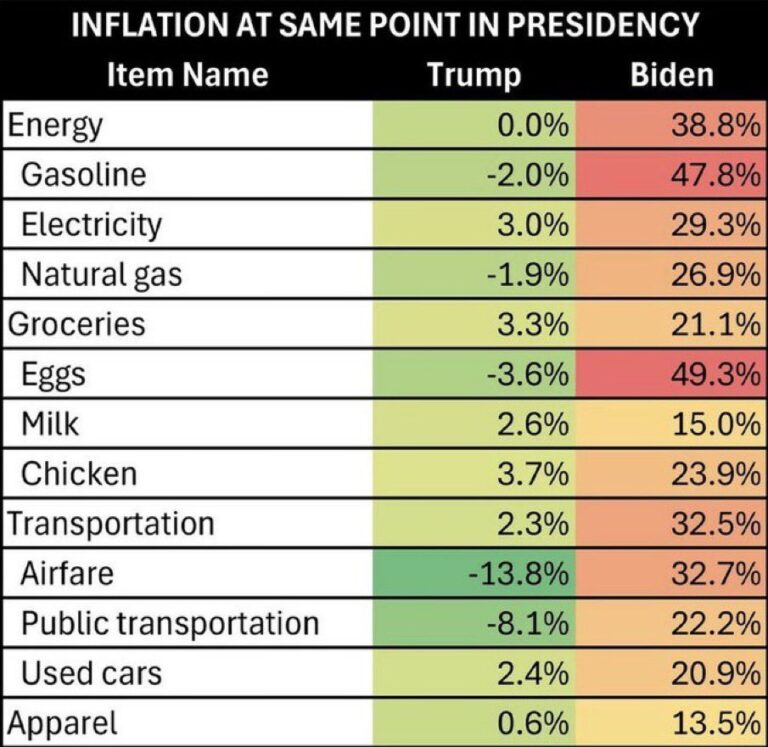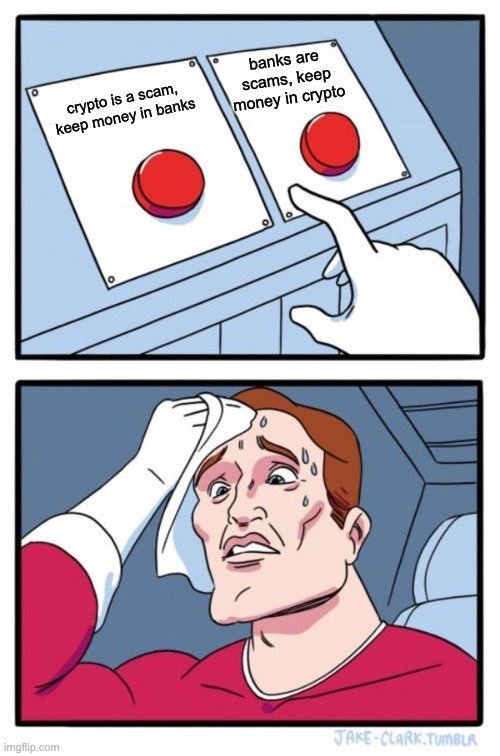I'm somewhat new into the retail investing market having recently signed up with M1 Finance earlier this year to get a little more skin in the game. They make it really easy to buy into companies even if you don't have the bank to buy complete shares of a $1000+ stock (like Google, Tesla, etc.)
One stock I didn't do enough homework on was Nikola who's trying to carve out their nitch into the EV marketplace. The stock has been volatile to say the least over the last few months and I'm hoping it will bottom out soon enough where I can purchase a little bit of it once again.
Their claim to fame in the market space is to produce a hydrogen cell based engine that can go longer distances than the basic electric battery we see out now but they have yet to get anything to production at this time. Many analysts believe they are not well positioned to go up against the likes of Tesla but if they get things better organized by the end of the year, I'm sure the stock will see higher gains over the next year.
One stock I didn't do enough homework on was Nikola who's trying to carve out their nitch into the EV marketplace. The stock has been volatile to say the least over the last few months and I'm hoping it will bottom out soon enough where I can purchase a little bit of it once again.
Their claim to fame in the market space is to produce a hydrogen cell based engine that can go longer distances than the basic electric battery we see out now but they have yet to get anything to production at this time. Many analysts believe they are not well positioned to go up against the likes of Tesla but if they get things better organized by the end of the year, I'm sure the stock will see higher gains over the next year.






